In the latest draft of the Law on Special Consumption Tax (SCT), the Ministry of Finance continues to propose imposing a special consumption tax on sugary soft drinks, with a tax rate of 10%. This is receiving many opposing opinions. Among them, there is a view that imposing a special consumption tax on sugary drinks does not help achieve health and economic goals, but even causes great damage to many supporting industries and the economy in general.
According to the Research Report of the Central Institute for Economic Management (CIEM) on assessing the socio-economic impact of special consumption tax, if sugary soft drinks are added to the list of special consumption tax with a tax rate of 10%, the economy will suffer a loss of up to VND880.4 billion.
Specifically, according to this study, although increasing the special consumption tax from 0% to 10% will contribute to increasing the budget revenue by over VND 2,279 billion, the impacts due to the decrease in output will amount to over VND 3,159 billion, and therefore, the total loss will be about VND 880.4 billion. Therefore, CIEM experts believe that expanding the taxable subjects and increasing taxes, including special consumption tax, will create a burden and may even further exhaust the difficulties of businesses in the current context.
CIEM's research shows that economic indicators can all be negatively affected by this regulation, including the total added value of the economy, workers' income, production surplus, number of workers, etc.
At the "Scientific Workshop on Non-communicable Diseases in Vietnam: Causes and Recommendations for Prevention and Control", held in April 2024, organized by the Vietnam Association for Community Health Care Education (VACHE), a representative of the Vietnam Association of Accountants and Auditors expressed concern that imposing special consumption tax on soft drinks does not help achieve the goal of increasing the national budget, but on the contrary, it also has a significant impact on the beverage industry and related supporting industries such as sugar cane, retail, packaging and logistics.

“Enterprises are currently having to bear many types of taxes and costs at the same time such as value added tax, import and export tax, recycling fees, waste treatment fees, costs to carry out greenhouse gas inventory responsibilities, fees for emissions, wastewater fees (being prepared to be added). These types of costs will greatly increase the financial burden for businesses, especially in the context of businesses still struggling with the recovery process after the pandemic and the general difficulties of the global economy,” this representative emphasized.
Defending its position, the Ministry of Finance said: The proposal to impose a special consumption tax on sugary drinks is aimed at controlling overweight and obesity and protecting public health. However, according to experts, the effectiveness of this proposal is not convincing enough.
Firstly, there is not enough scientific evidence to show that soft drinks are a direct cause of overweight and obesity. Associate Professor, Dr. Nguyen Thi Lam, former Deputy Director of the National Institute of Nutrition, said that the main reasons for overweight and obesity include an unreasonable diet (consuming a lot of high-calorie foods), lack of physical activity, genetics or endocrine factors. A recent report by the Institute of Nutrition showed that in Vietnam, the rate of overweight and obesity in urban students is much higher than that of rural students (41.9% and 17.8%, respectively), but the rate of regular consumption of soft drinks by urban children is lower than that of rural children (16.1% and 21.6%, respectively)2
Second, imposing excise tax on soft drinks does not guarantee to solve non-communicable diseases, including overweight and obesity. “If a tax is imposed on each sugary soft drink, consumers can still switch to other alternative foods, which can also be the cause of non-communicable diseases. Tax tools in this case are difficult to change consumer behavior and can even create conditions for smuggled goods and street foods without quality control,” an analyst said.

Ms. Nguyen Minh Thao, Head of the Department of Business Environment and Competitiveness Research, Central Institute for Economic Management (CIEM), said that in the context of Vietnam's economy facing many challenges, the imposition of special consumption tax on sugary drinks needs to be carefully considered to avoid unwanted consequences. The Government also needs to carefully consider socio-economic factors and come up with appropriate policies to protect public health without causing damage to the economy.
Source







![[Photo] General Secretary To Lam and National Assembly Chairman Tran Thanh Man attend the 80th Anniversary of the Traditional Day of the Vietnamese Inspection Sector](https://vphoto.vietnam.vn/thumb/1200x675/vietnam/resource/IMAGE/2025/11/17/1763356362984_a2-bnd-7940-3561-jpg.webp)






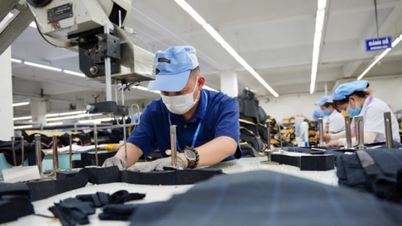
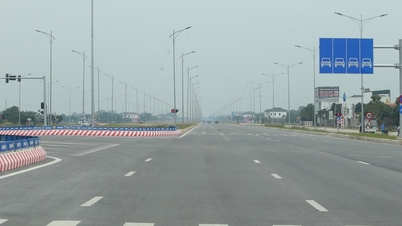


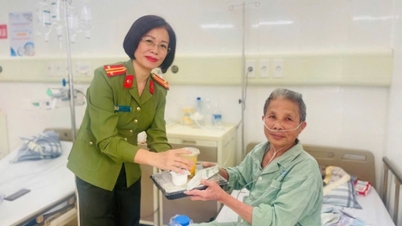













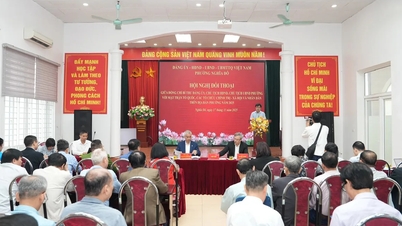
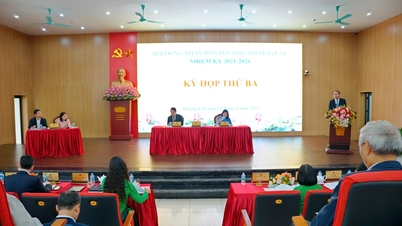

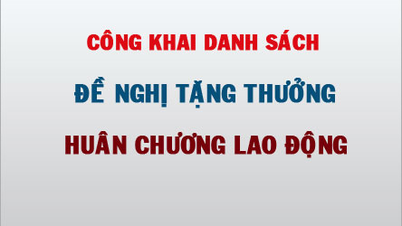






































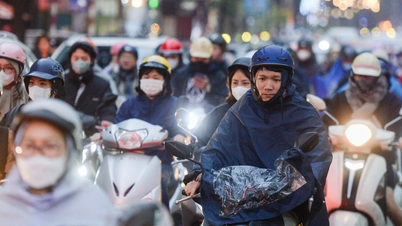
















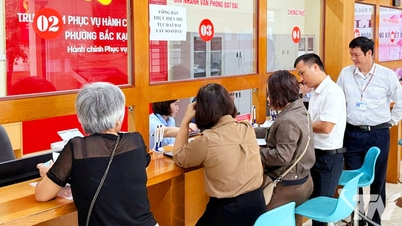

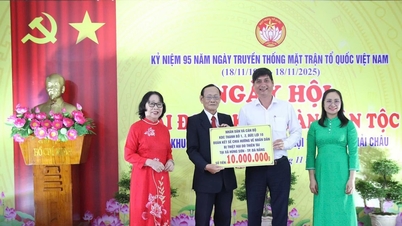



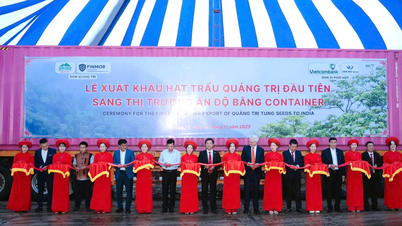












Comment (0)